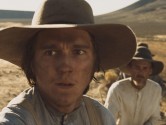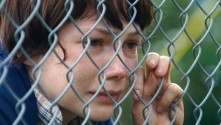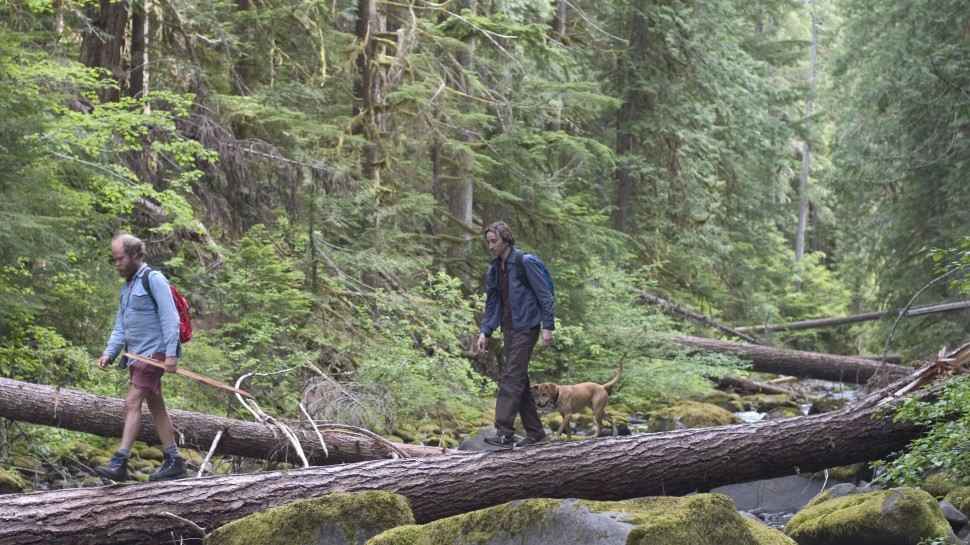
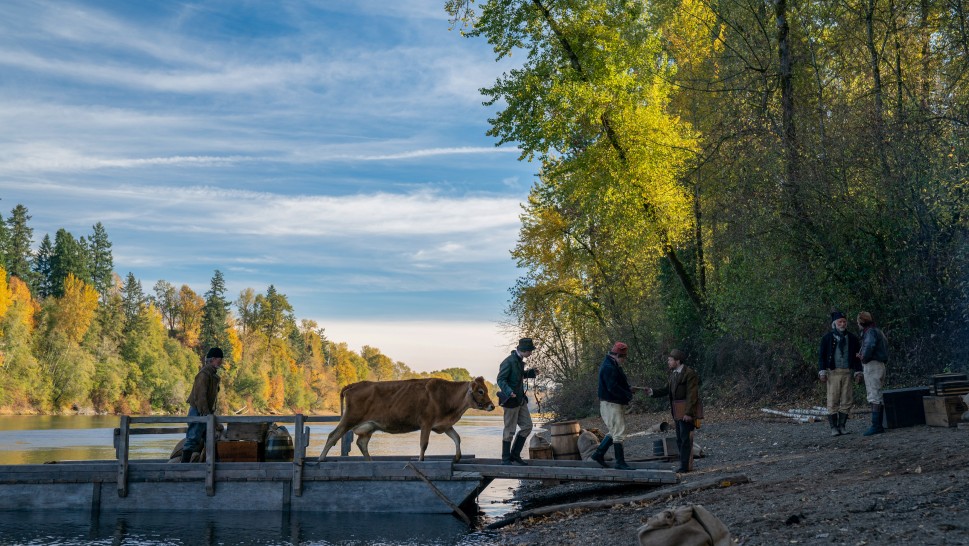
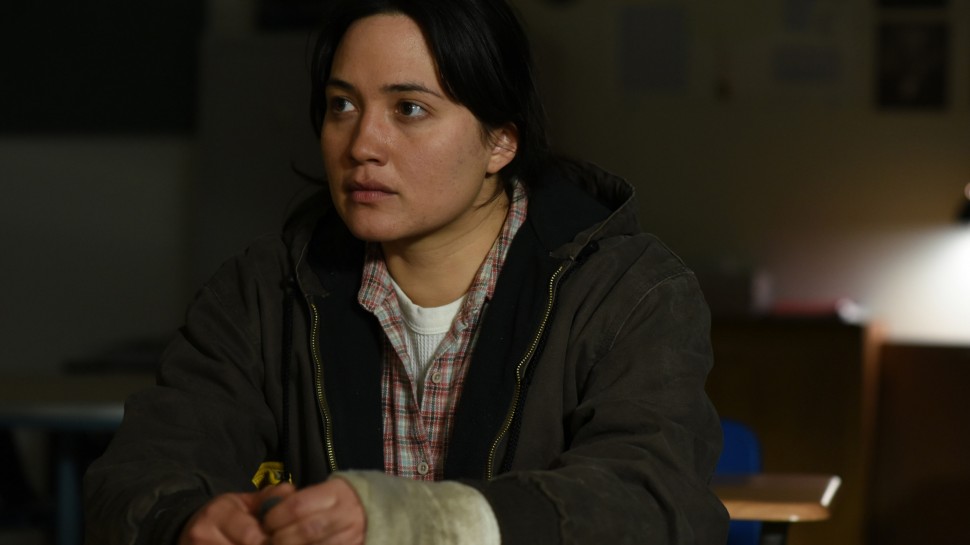
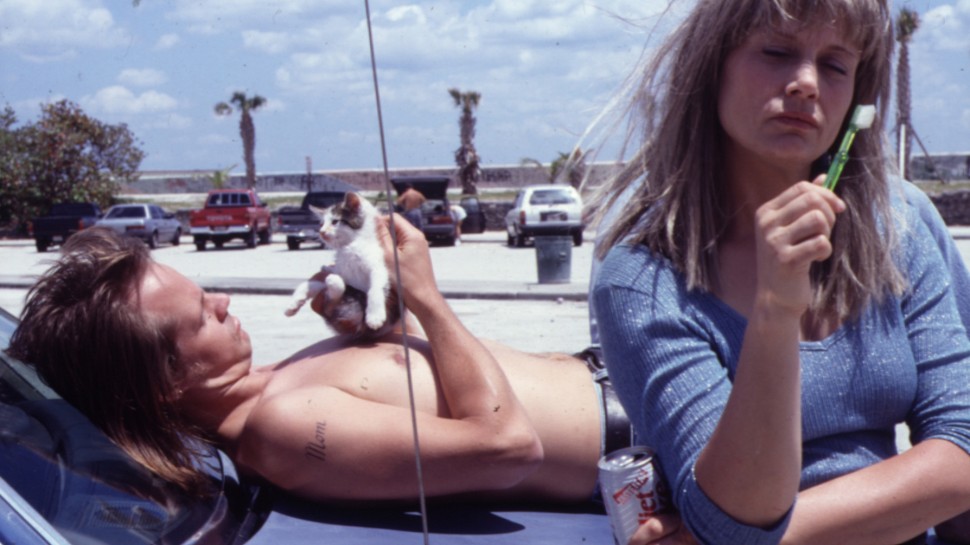
Traveling Light
The Films of Kelly Reichardt
Working far from the self-congratulatory roar of the mainstream, independent filmmaker Kelly Reichardt (b. 1964) has directed seven inventively sparse and uncompromising feature films that together define one of the most emotionally and politically resonant bodies of work in contemporary American cinema. In celebrated films such as Old Joy, Wendy and Lucy and Certain Women, Reichardt has crafted a film language uniquely able to render the subtle complexities of human relationships and the paradoxes of the American experience. Mercurial, fleeting friendships recur throughout Reichardt’s films, masterfully distilled into awkward in-between moments when passions quietly flare and falter, and almost-spoken vows lose their incandescence, but not their secret meanings. Bresson and Ozu are obvious touchstones for the tension between contemplative quietude and dramatic action that defines Reichardt’s cinema. Her films also share an affectionate fascination with characters who are lost, drifting between uncertain relationships and phases of their lives, stranded in unwelcoming landscapes by a combination of bad luck and bad decisions. While Reichardt’s films sometimes evoke iconically American lonely places—late-night diners, cheap motels, remote forests—they more often inhabit bleaker sites of emptiness and regret—parking lots, riverbanks, railyards—haunted with broken promises of transit and abandoned dreams of freedom.
Several of Reichardt’s films are adaptations of short stories, a mode of literary precision that informs the careful pacing and measured ambiguities that give open meaning to the objects, gestures and landscapes resonant throughout her work. Beginning with her breakthrough film Old Joy, Reichardt began a still ongoing collaboration with Oregonian writer Jon Raymond, whose nuanced fiction gives poignant voice to the inner life of introverts and exiles. A meditation on the self-delusions of middle-age masculinity and assumed friendship, Old Joy uses its minimal story of a spontaneous camping trip to reexamine the road movie itself as a romantic illusion, a fantasy of escape and self-invention. In Wendy and Lucy, Reichardt worked again with Raymond to craft a darker, more lucid, dead-end road movie while embracing a new direction by counter-casting acclaimed indie actress Michelle Williams in a revelatory performance as a loner determined at all costs to prove her self-reliance. Williams stars in Reichardt’s two subsequent films, the stark frontier anti-epic Meek’s Cutoff and Certain Women, and the melancholy Certain Women, a moving study of loneliness tracing the fleeting constellation left by the sparks of unspoken love.
Reichardt’s latest film returns to the historic past of Meek’s Cutoff, but travels even further West and back in time to an 1820s Oregon trading post where the seeds of American capitalism have been firmly planted in the loamy soil. An offbeat Western in the revisionist tradition of Robert Altman, First Cow spins a rambling and deliberately minor tale of the Old West that reimagines frontier America from the point of view of two outsiders and unlikely companions: a timid, unemployed transient cook and an entrepreneurial Chinese immigrant. Deepening the themes of friendship that extend across Reichardt’s oeuvre, First Cow also offers an unexpectedly astute history lesson that discovers surprising parallels between the forgotten past and present day while elegiacally evoking the wiser, borderless, now-vanquished world that came before the United States. – Haden Guest
The Harvard Film Archive is proud to welcome Kelly Reichardt for a complete retrospective of her feature films, including the area premiere of First Cow. Kelly Reichardt visits Harvard as a 2019-2020 Baby Jane Holzer Visiting Artist in Film, courtesy of a gift generously pledged by Rusty Holzer to the Department of Art, Film, and Visual Studies, the Harvard Film Archive and Theater, Dance & Media.

